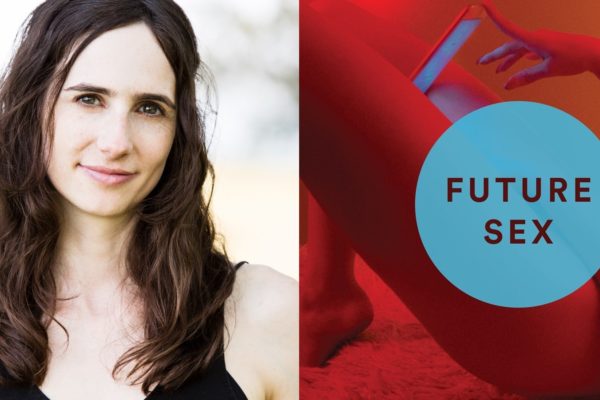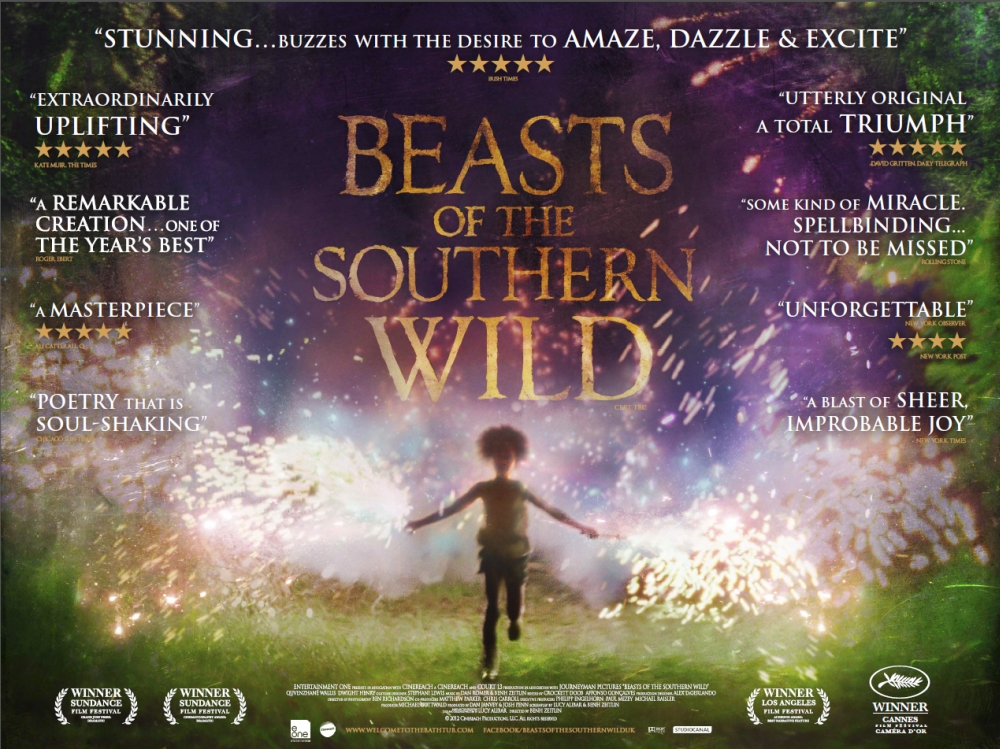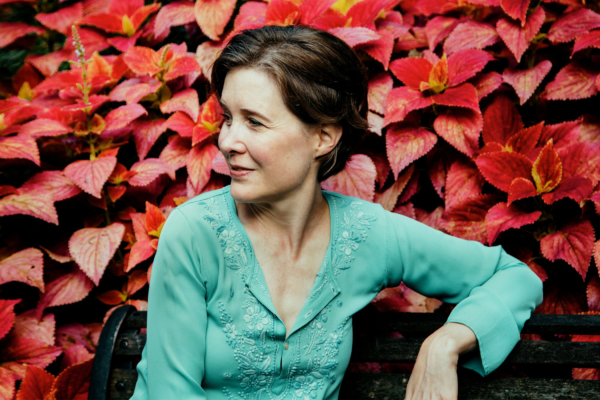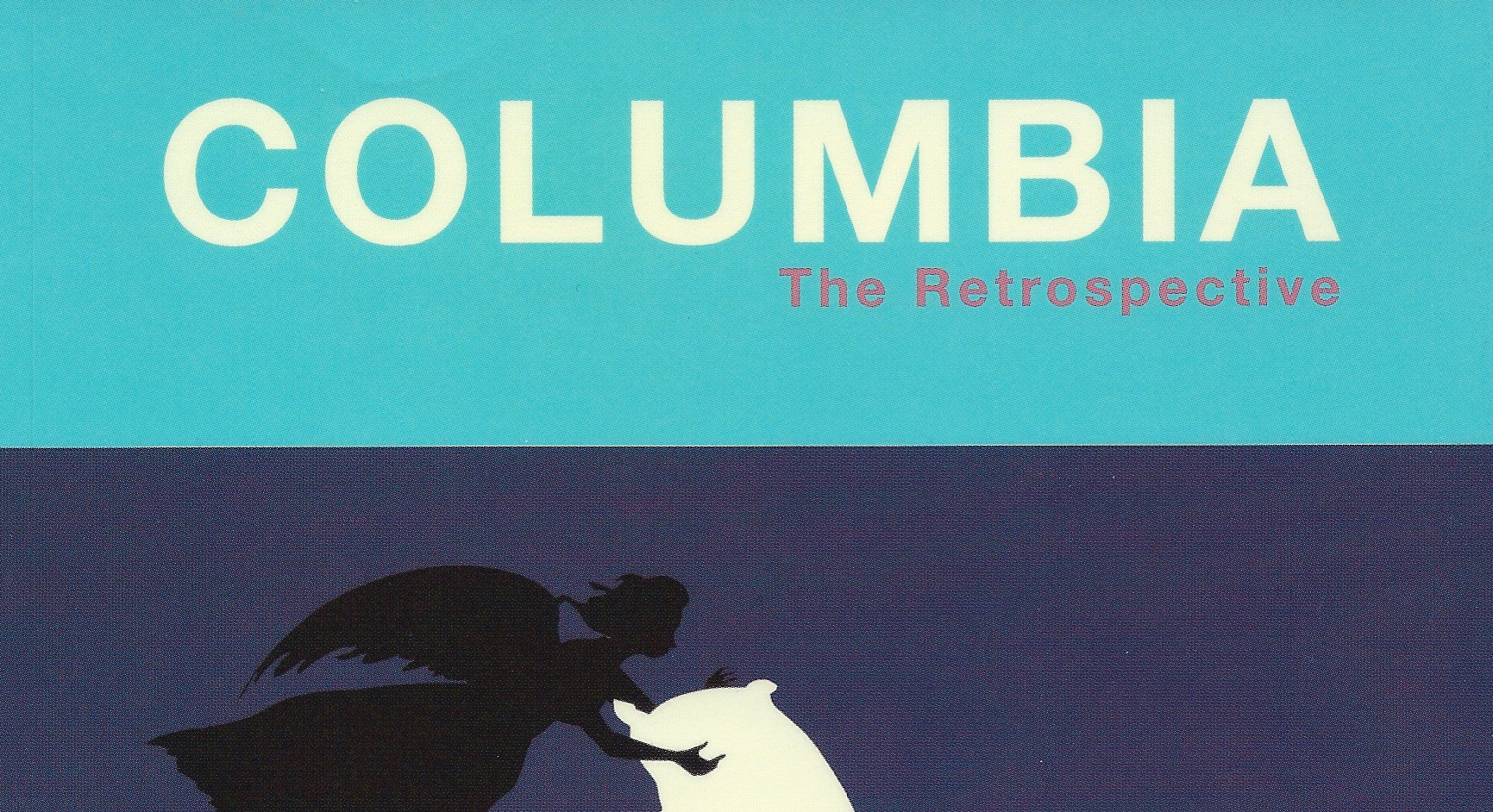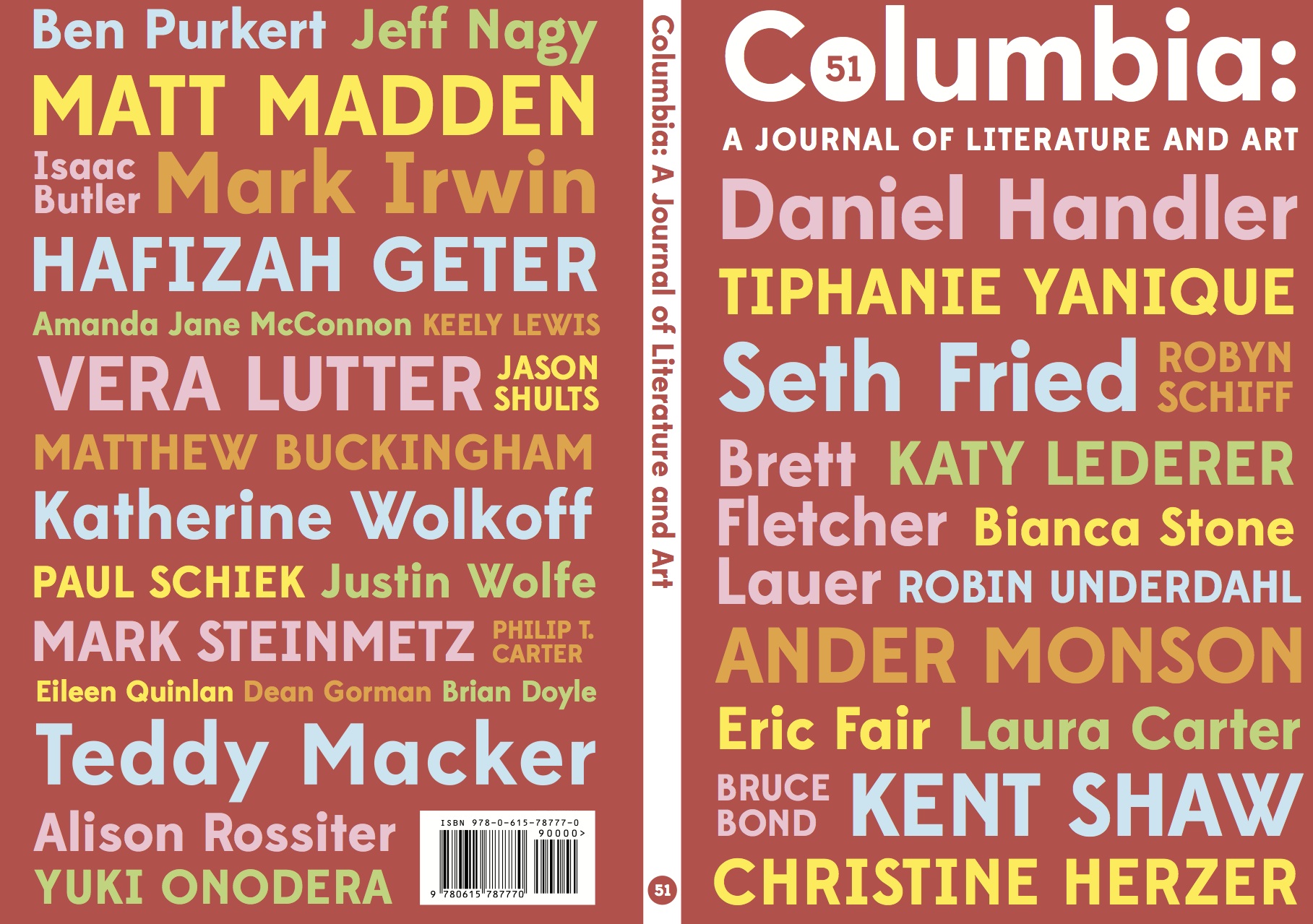by Kayla Tanenbaum
When Emily Witt pitched Future Sex, she sold it as Gay Talese’s Thy Neighbor’s Wife for the post-internet generation. Emily’s editor suggested that she make Future Sex more personal, and the resulting book—which evolved into a series of essays—fulfills that goal. By tackling topics from webcam pornography to polyamory, Witt explores what sexual freedom looks like today and whether, for her subjects as well as herself, it satisfies.
Kayla Tanenbaum is a student at Columbia University’s graduate writing program in the nonfiction concentration. Her bimonthly column features interviews with authors that reveal stories, lessons and realizations of interest to all readers – and to other writers, in particular – and pairs best with these authors’ works, as they emerge, throughout the year. Tanenbaum’s candor and wit slice clean lines across her subjects’ ideas. As an interviewer, she candidly reveals as much about the life of a writer in New York – hers and her subjects’ – as she exposes about the success and authorial presence to which we all aspire.
This transcript has been edited for clarity.
Kayla Tanenbaum: Lately you’ve been very busy with press demands and publicity events for this book. What’s that like?
Emily Witt: I’m not that outgoing of a person, but it’s less difficult than I expected. I thought I would come across as inarticulate or freeze up, but it turns out that when you write something, your ideas remain pretty clear in your head, so you can just repeat parts of the book that you have memorized [laughs].
KT: Does everyone ask the same questions? If so, what are they?
EW: They do. People ask me what’s futuristic about the book. They ask me about the mix between memoir and written reporting, and why I wrote like that. They ask where I got the idea for the book. They usually comment about the narrow demographics of the book’s subjects, implying that I pretty much only write about people like me.
KT: Do you find that frustrating?
EW: No, those are legitimate questions. But, as I go through this process now, I’ll admit there’s definitely some stuff I have realized I regret.
KT: What do you regret?
EW: I wish I had been a little less scared to put myself into this book, and that I had included a chronology of what happened in my life while I was writing the book. I should have just written out what happened, showed the years that I was dating people, and so on.
KT: Are there questions that you wish people would ask you?
EW: I don’t think so. I do wish people would engage a little bit more with some of the ideas about the future, and engage less with the parts about me. I want to talk more about the didactic parts of the book. For example, the birth control part where I make an exhortation for a different idea of family. Maybe I just didn’t write those parts clearly enough.
were you concerned that you wouldn’t fully appreciate the experiences since, presumably, you only tried them in order to write about them?
KT: In terms of the kinds of immersive journalism you did for Future Sex—orgasmic meditation, for example—were you concerned that you wouldn’t fully appreciate the experiences since, presumably, you only tried them in order to write about them?
EW: I think I needed the journalism to get to those experiences in the first place. I was constantly reminding myself of my own skepticism and that I needed to stand back a little bit. I was always worried about taking notes.
you write that there are essentially three options for single, heterosexual women…
KT: At the beginning of the book, you write that there are essentially three options for single, heterosexual women: settle, change your behavior by reading all these prescriptive behavioral texts, or subscribe to the idea that women are not to blame because of things outside your control, such as men who watch too much porn. Do you believe that one option is best? Do you think that they’re all bullshit?
I was reading these articles that didn’t actually provide options, just explanations
EW: I was describing those options almost facetiously because I was reading these articles that didn’t actually provide options, just explanations. There was always an underlying assumption that happiness could only come from monogamous, committed relationships. When your life is not represented in these articles, they become really frustrating to read. I reject all three. And, there’s a fourth option: go deep in yourself, examine your own mythologies, practice naming what makes you happy, try things that make you uncomfortable, and see what you can glean. Try to envision what you want your life to actually look like.
KT: You write in the introduction about feeling this expectation that marriage was promised to you and because you had yet to “achieve it,” that in some way you have failed. Having written the book, how do you feel now?
EW: Partially, I felt those expectations because I was a good kid who got good grades and cared about conventional middle class metrics of achievement. Monogamous marriage was one of those. Now, I don’t think treating monogamous marriage as an accomplishment would make me happy. I’m just much happier experiencing life as it is.
KT: You’re very well educated. You have a bachelor’s from Brown, a master’s of journalism from Columbia, and a master’s in English from Cambridge. Can you weigh in on the so-called MFA vs. NYC debate? Do you believe writing be taught?
EW: The journalism class that was most effective for me was John Bennett’s magazine writing class. Cambridge has a really different education system. It’s very laissez-faire. You’re not doing a lot of written work, but you’re reading a ton. The most important part, for me, was getting exposed to ideas that I wouldn’t have discovered on my own. Reading Edward Said was very important. Heidegger, too, and Walter Benjamin. I was in a class called ‘Reading Difficult Poems,’ where we read poets like W.S. Graham, J.H. Prynne, W.H. Auden, and Veronica Forrest-Thomson.
KT: So where do you stand on the MFA vs. NYC debate?
EW: Higher education was important to my development as a critical thinker. I write a lot of book criticism and having a master’s from Cambridge has been crucial to that. I didn’t study English literature as an undergrad, so learning how to close read was super important for me. I think the best way to become a good writer is to read more than everybody else, or to try to.
KT: I was struck by the prose style in your book. You’re just going to have to take this compliment. What do you think makes your prose so good?
I’m mimicking the voice of the books that were most important to me while writing: Didion, Claude Levi-Strauss’ Tristes Tropiques, Simone de Beauvoir’s The Prime of Life.
EW: Thank you. I’m mimicking the voice of the books that were most important to me while writing: Didion, Claude Levi-Strauss’ Tristes Tropiques, Simone de Beauvoir’s The Prime of Life. I was looking for people that engage with ideas as they write about themselves.
The best way for me to talk about style is to talk about my bad habits. I have a tendency to overuse adverbs. The most consistent edits came at places where I would describe something in vague terms. When I wasn’t specific it was because I was embarrassed or wanted to portray myself in a certain way. I also have a tendency for that New York Times passive voice, which was also heavily edited for Future Sex. When I looked back at those writers I mentioned, I realized that they never sounded institutional. They weren’t channeling some cultural voice meant to sound bigger than themselves. They just sounded like themselves.
KT: I want flash back to before this book and before you were a household name. A lot of the people who will read this interview are trying to establish themselves as writers. So, you’ve had a really successful freelance career. Besides having talent, how did you make freelancing work for you?
EW: It’s funny that you say that. When I got the book deal for Future Sex in 2011, I actually hadn’t published in any major magazines besides N+1. When I was starting out, the important thing was to take the chance of searching for my own voice. I had this really amazing editor, Keith Gessen, who helped me with that. After writing for N+1, the next phase I got to was the London Review of Books. Writing book reviews is another really good way to get your name in front of editors because the people who read book reviews are other writers, editors, and people who work in publishing. It took a long time, and I had tons of pieces killed.
It took a long time, and I had tons of pieces killed.
KT: Do you feel different now that you’re a successful nonfiction book writer?
EW: I do feel different. I feel happier, but slightly less driven, which worries me. I still have to earn money, so we’ll see how the book does—if any of this publicity translates into sales. I’m still writing magazine articles. The problem I feel right now is that I’ve been writing so much that I’ve stopped thinking very hard. I want to keep getting better and keep experimenting. Hopefully the next book will be even more successful so I can tone down some of the magazine stuff. I really do just want to write books. They are really the only place where you get to be completely free.
I really do just want to write books. They are really the only place where you get to be completely free.
